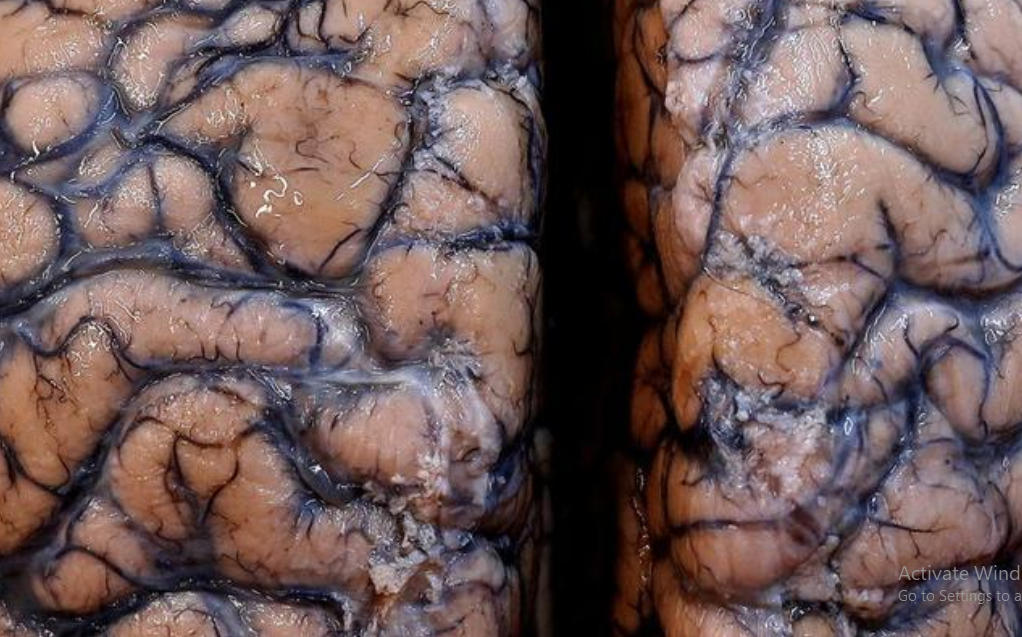Scientists issues warning for a potential wave of COVID-related brain damage
By Purvi Jain

On Wednesday, Scientists have warned for a potential wave of coronavirus which is related to brain damage as new evidence have suggested that COVID-19 can lead to severe neurological complications such as inflammation, psychosis, and delirium.
At University College London (UCL), a study was done by the researchers which described 43 cases of patients who had COVID-19 suffered from either temporary brain dysfunction, strokes, nerve damage, or some other severe brain effects.
The research even adds to recent studies that tell that this disease can damage the brain.
Michael Zandi, from UCL’s Institute of Neurology, who co-led the study said, “whether we will see an epidemic on a large scale of brain damage linked to the pandemic – perhaps similar to the encephalitis lethargica outbreak in the 1920s and 1930s after the 1918 influenza pandemic- remains to be seen”.
Covid-19, the disease which is caused by the new coronavirus, is evidently a respiratory problem that mainly affects the lungs but the increasing concern of neurologist and brain doctors says the emerging evidence that it has an impact on brain damage.
A neurologist at Western University in Canada, Adrian Owen, told Reuters in an interview, “My worry is that we have millions of people with COVID-19 now. And if in a year’s time we have 10 million recovered people and those people have cognitive deficits, then it’s going to affect their ability to work and their ability to go about activities of daily living.”
In the UCL study, which is published in the journal brain, nine patients who were having brain inflammation were diagnosed with a rare condition called acute disseminated encephalomyelitis (ADEM) which is often seen in children and can be triggered by a viral infection.
The team said they would normally see an adult patient with ADEM once a month at their specialist London clinic but it has risen to one patient a week which describes it as ‘a concerning increase’.
“Given that the disease has only been around for a matter of months, we might not yet know what long term damage COVID-19 can cause,” said Ross Paterson who co-led the study. “Doctors need to be aware of possible neurological effects, as early diagnosis can improve patient outcomes,” he further added.
Owen said the emerging evidence need a large and detailed global study collection to have access on how common such neurological and psychiatric complication were there.
He is currently running an international research project at covidbrainstudy.com where the patient can sign up to complete a series of cognitive tests to check whether their brain function has altered after getting COVID-19 or not.
“This disease is affecting an enormous number of people,” says Owen. “That’s why it’s so important to collect this information now.”
